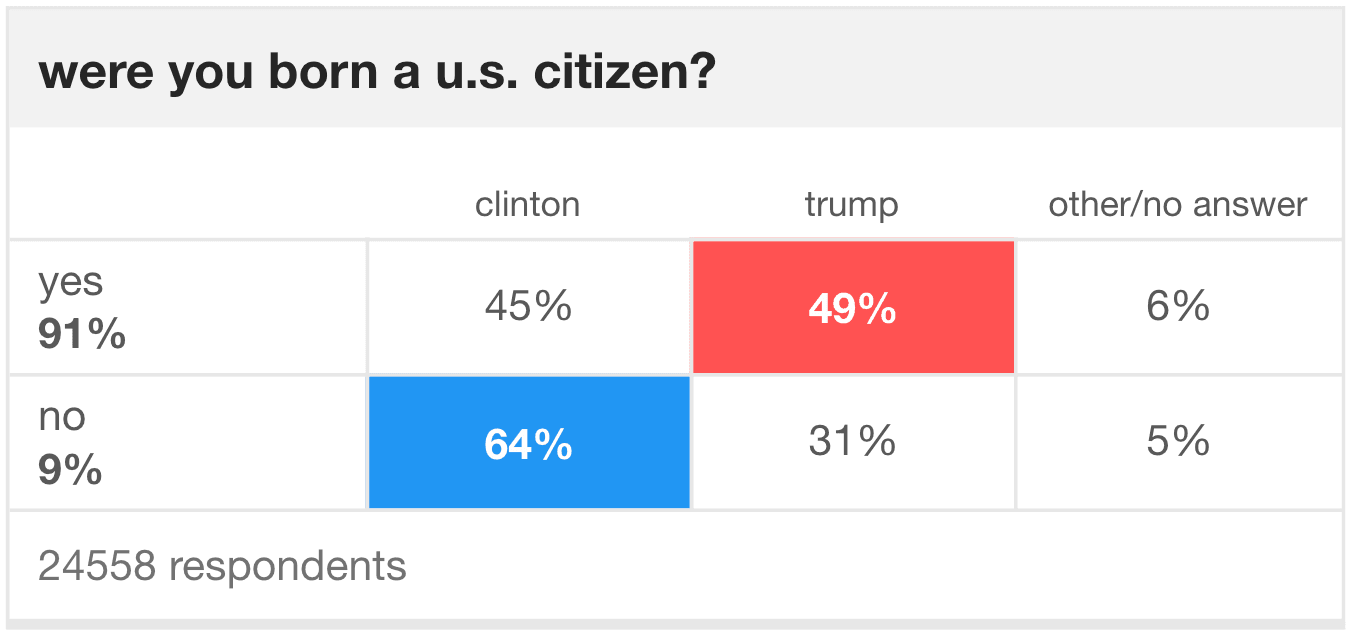Rep. Mo Brooks (R-AL) says elected Democrats want to give amnesty to the 11 to 22 million illegal aliens living in the United States for the purpose of ensuring a “reliable socialist Democrat” voting bloc.
While every House Democrat and seven House Republicans voted to give amnesty — and thus a pathway to American citizenship — to all 11 to 22 million illegal aliens on Tuesday, Brooks said the goal is to solidify a permanent left-wing voting base of foreign-born voters.
“Since illegal aliens are heavily dependent on welfare, once they get the amnesty the American citizenship Socialist Democrats desperately seek to bestow, that makes them reliable Socialist Democrat voters,” Brooks said.
“After all, Socialist Democrats are the party for taking much-needed money from hard-working American taxpayers to pay for welfare for those who prefer to vote for a living rather than work for one,” Brooks continued. “Quite frankly, Socialist Democrats don’t give one twit about the thousands of dead Americans who die each year because of illegal alien homicides.”
Already, in the 2020 presidential election, Pew Research Center estimates that about one-in-ten U.S. voters will have been born outside the country. This is almost entirely due to the national legal immigration policy that admits more than 1.2 million mostly low-skilled legal immigrants every year.
Researchers and demographers have routinely noted that at the current rate of legal immigration, the U.S. is poised to import about 15 million new foreign-born voters in the next two decades should current legal immigration levels continue. Those 15 million new foreign-born voters include about eight million who will arrive in the country through chain migration, whereby newly naturalized citizens can bring an unlimited number of foreign relatives to the country.
Democrats would win major victories politically from increased legal immigration levels, research finds. The latest analysis by The Atlantic senior editor Ronald Brownstein revealed that nearly 90 percent of House congressional districts with a foreign-born population above the national average were won by Democrats.
NY Times: ’40-Year’ Flood of Immigration Turns Orange County Bluehttps://t.co/KE131aJkKA
— John Binder 👽 (@JxhnBinder) January 3, 2019
This means that every congressional district with a foreign-born population exceeding roughly 14 percent had a 90 percent chance of being controlled by Democrats and only a ten percent chance of electing a Republican.
Similarly, less than one-in-ten House Republicans represent a congressional district that has a foreign-born population larger than 14 percent. Entire states, driven by legal immigration, have been transformed electorally, Brownstein’s analysis found.
For instance, Republicans hold about 30 Senate seats in the 20 U.S. states with the smallest foreign-born populations. Meanwhile, Democrats control 32 Senate seats in the 20 U.S. states with the largest share of foreign-born residents. Democrats are expected to target those remaining Republican Senate seats in states with large foreign-born populations in the 2020 election.
The New York Times and Axios admit that legal immigration at its current rate will continue shifting the American electorate more towards Democrat control.
The 2016 presidential election between then-candidate Donald Trump and Hillary Clinton revealed a similar trend.
For example, among native-born Americans, Trump won 49 percent to Clinton’s 45 percent, according to exit polling data. Among foreign-born residents, Clinton dominated Trump, garnering 64 percent of the immigrant population’s vote compared to Trump’s mere 31 percent.
In 2017, the foreign-born population reached a record high of 44.5 million.
University of Maryland, College Park researcher James Gimpel has found in recent years that more immigrants to the U.S. inevitably means more Democrat voters and thus, increasing electoral victories for the Democrat Party.
John Binder is a reporter for Breitbart News. Follow him on Twitter at @JxhnBinder.

COMMENTS
Please let us know if you're having issues with commenting.